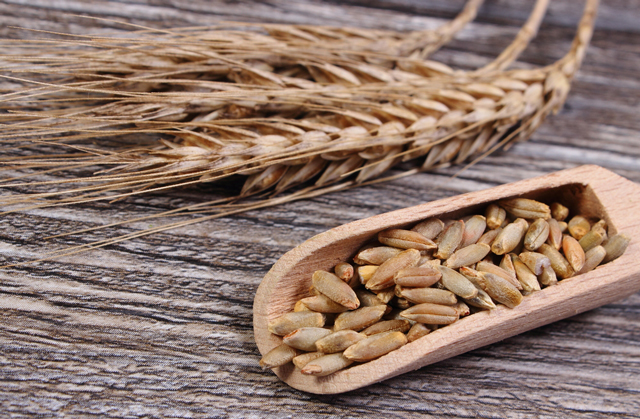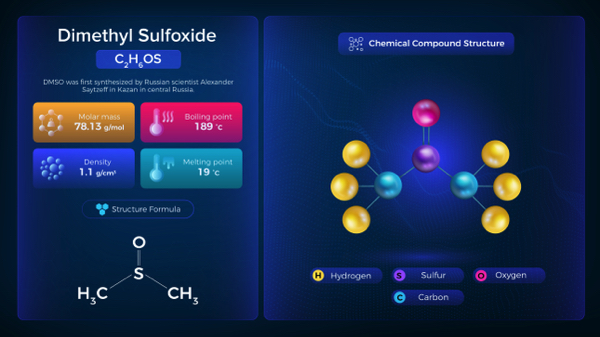Rye: The forgotten supergrain that can upgrade your diet
By lauraharris // 2025-04-28
Tweet
Share
Copy

- Rye has been cultivated for nearly 2,000 years, thriving in cold, wet climates (e.g., Eastern Europe and Scandinavia) where other grains struggle.
- Packed with fiber, B vitamins (B1, B2, B3, B6, folate), minerals (iron, magnesium, zinc) and antioxidants, rye supports healthy digestion, metabolism and blood sugar control.
- Lower in gluten than wheat but unsuitable for individuals with celiac disease, rye's high fiber content promotes satiety and weight loss and supports gut health.
- Rye can be used to make bread, crackers, porridge, fermented beverages, whiskey and baked goods for a robust, earthy flavor.
- Eating rye may cause bloating in sensitive individuals due to FODMAPs. Choosing organic rye is better for you to avoid harmful pesticides.
Brief history of rye
Rye is believed to have originated in Turkey and surrounding regions, where it grew as a weed among wheat and barley fields. Farmers in Eastern Europe and Scandinavia later cultivated it as a primary grain due to its resilience in poor soil and cold climates. By the Middle Ages, rye had become a critical food source in regions where other grains struggled. Unlike refined grains, traditional rye retains its bran and germ, making it a nutrient-dense whole grain that's packed with fiber, vitamins and minerals that support healthy digestion, metabolism and long-term health.Nutritional benefits of rye
Rye is a powerhouse of essential nutrients, including:Fiber
Rye contains both soluble and insoluble fiber, which can promote gut health and prevent constipation. The lignans (a type of fiber) in rye act as prebiotics, feeding beneficial gut bacteria. Because fiber slows digestion, rye helps stabilize blood sugar and reduce cravings, making it ideal for weight management. (Related: Whole grain rye shown to boost gut health.)B vitamins
Vitamins B1, B2, B3 and B6 support energy metabolism while vitamins B9 and B12 in fermented rye products can aid red blood cell production.Minerals
Rye is rich in minerals like magnesium for nerve and muscle function, iron for oxygen transport, zinc for immune support, and selenium for antioxidant defense.Antioxidants
Rye contains phenolic acids and alkylresorcinols, which can help reduce inflammation and lower the risk of chronic diseases like heart disease and cancer. Rye is overwhelmingly beneficial for most people, offering a nutritious and flavorful addition to a healthy diet. Unlike refined wheat, rye also causes a slower rise in blood sugar, making it a better choice for diabetics and insulin-resistant individuals. However, there are some considerations to keep in mind. Rye contains secalin, a gluten protein, making it unsuitable for individuals with celiac disease or severe gluten intolerance. Some fermentable fibers (FODMAPs) in rye may also cause bloating or digestive discomfort in sensitive individuals, though these fibers are generally beneficial for gut health. For people without gluten-related issues, rye is a superior choice compared to refined wheat due to its denser nutrient profile, lower gluten content and distinctive earthy taste. Its unique qualities, such as being richer in fiber and micronutrients, make it a valuable grain for those who can tolerate it.Why choose organic rye
Rye generally contains fewer pesticides than wheat, though glyphosate, a known carcinogen, has been found in some non-organic crops. Choosing organic rye can help minimize your exposure to synthetic pesticides while promoting sustainable farming practices. Additionally, like other crops, rye can absorb heavy metals such as cadmium and lead from the soil, though contamination levels are typically low. Sprouting rye or fermenting it to make sourdough may help reduce rye's heavy metal content. For the safest option, opt for organic rye or rye grown in Europe or Scandinavia, where stricter agricultural regulations ensure lower contamination risks.Culinary uses
Rye's rich, slightly tangy flavor makes it a staple in many traditional and modern dishes. Here's how to include it in your diet:Bread and crackers
- Classic rye bread (German Roggenbrot, Jewish rye)
- Sourdough rye (fermented for better digestion)
- Crispbreads (Swedish Knäckebröd)
Porridges and hot cereals
- Rye berries (cooked like rice or barley)
- Rye flakes (a quick oatmeal alternative)
Fermented foods
- Kvass (a traditional Eastern European fermented drink)
Whiskey and spirits
- Rye whiskey is famed for its spicy, bold flavor
Baking and desserts
- Rye flour in pancakes, muffins and cookies (adds depth and fiber)
More related stories:
Edamame farmers are using rye as a cover crop to reduce the use of herbicides.
Sources include: Brighteon.AI NaturalNews.com Brighteon.comTweet
Share
Copy
Tagged Under:
superfoods nutrition antioxidants functional food nutrients natural health ingredients food science organics grocery rye goodhealth goodfood whole grain health science
You Might Also Like
Gary Null’s “Overcoming Cancer” exposes the flaws in cancer industry
By Kevin Hughes // Share
Whey protein: History, nutritional benefits and culinary uses
By Laura Harris // Share
How science is unlocking the anticancer potential of DMSO
By Olivia Cook // Share
Fennel for painful periods: A clinically proven drug alternative
By News Editors // Share
Exercise: The secret weapon against mental fatigue for seniors
By Ava Grace // Share
Recent News
China halts exports to U.S.: Empty shelves expected within weeks, warns Health Ranger Mike Adams
By finnheartley // Share
Gary Null's "Overcoming Cancer" exposes the flaws in cancer industry
By kevinhughes // Share










